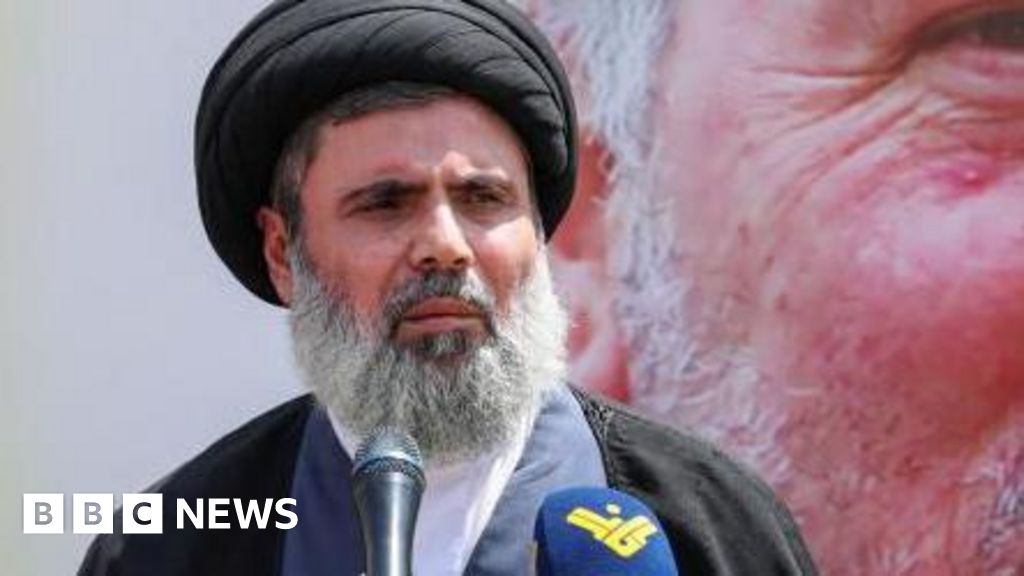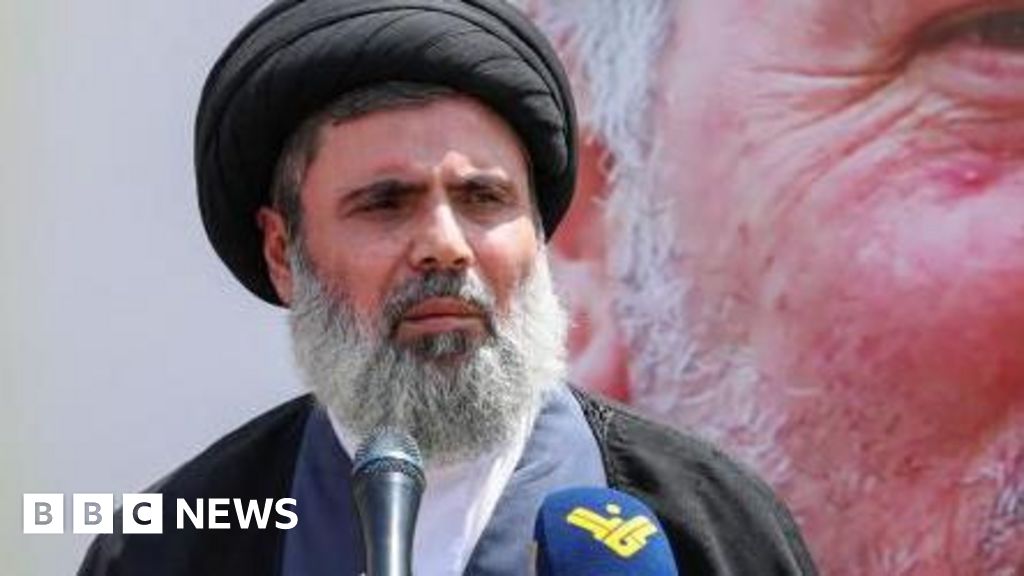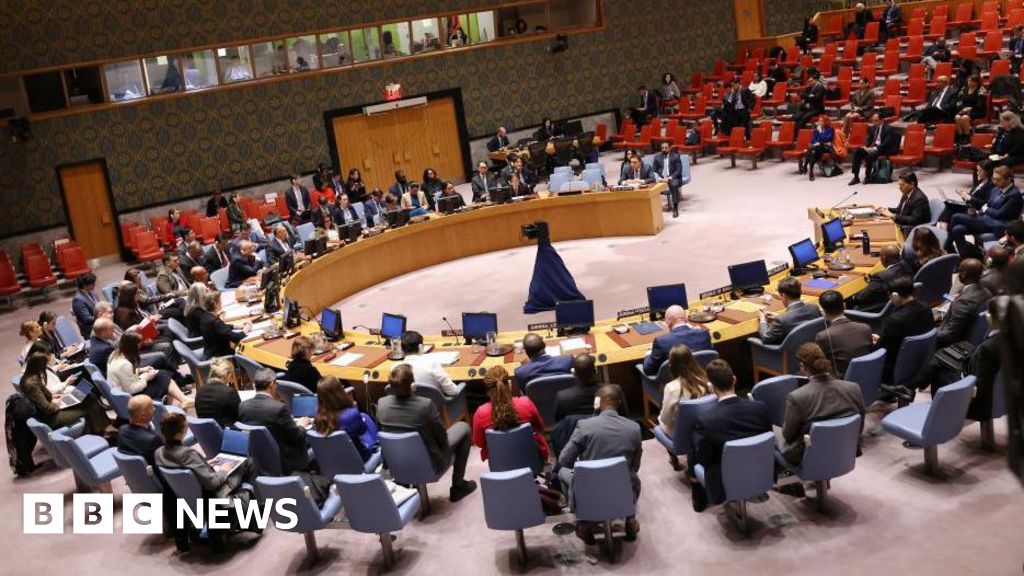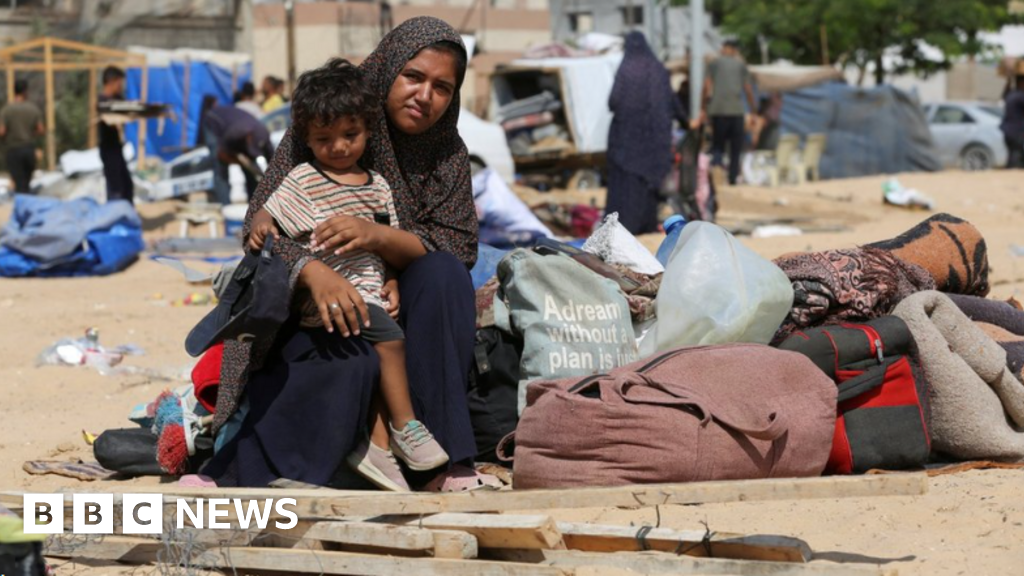
Hezbollah has confirmed the cleric tipped to become the group’s next leader was killed in an Israeli air strike nearly three weeks ago.
The Israeli military said on Tuesday night that it killed Hashem Safieddine in a strike on the southern suburbs of Beirut.
On Wednesday, Hezbollah put out a statement saying it was mourning “a great leader and a great martyr” who lived an “honourable life”.
Safieddine was head of the group’s executive council and was a cousin of its late secretary general, Hassan Nasrallah, who was killed in an Israeli air strike on the Lebanese capital on 27 September.
Following Nasrallah’s death, Saffiedine had taken a leadership role within Hezbollah, and was expected to be formally elected as its next secretary general, although no official announcement had yet been made.
Israel carried out a series of air strikes near Beirut’s airport on 4 October, after which Hezbollah officials said they had lost contact with Safieddine. US media cited Israeli officials as saying the cleric had been the target of the bombing.
On Tuesday, the Israel Defense Forces (IDF) issued a statement saying Safieddine was killed along with Ali Hussein Hazima, who it described as commander of Hezbollah’s Intelligence Headquarters.
It accused Safieddine of directing “terrorist attacks against the State of Israel” for years, as well as taking part in Hezbollah’s “central decision-making processes”.
Hezbollah is a military, political and social organisation that wields considerable power in Lebanon. It is designated as a terrorist organisation by Israel as well as the US, the UK and other countries.
Safieddine himself was designated a “global terrorist” by the US and Saudi Arabia in 2017.
He undertook religious studies in Iran and his son was married to a daughter of Gen Qasem Soleimani, the powerful Iranian Revolutionary Guards commander who was killed in a 2020 US air strike in Iraq.
Safieddine was believed to have been aged about 60 at the time of his death.
In a speech given in Beirut this summer, Safieddine described how Hezbollah viewed its leadership succession.
“In our resistance, when any leader is martyred, another takes up the flag and goes on with new, certain, strong determination,” he was quoted as saying by AFP news agency.
Israel went on the offensive against Hezbollah after almost a year of cross-border hostilities sparked by the war in Gaza, saying it wanted to ensure the safe return of residents of border areas displaced by Hezbollah rocket, missile and drone attacks.
Over the past year, at least 2,500 Lebanese people have been killed and nearly 12,000 injured, according to Lebanon’s health ministry.
Hezbollah has attacked Israel with thousands of rockets and drones over the same period, and at least 59 people have been killed in northern Israel and the occupied Golan Heights, Reuters news agency reports.



